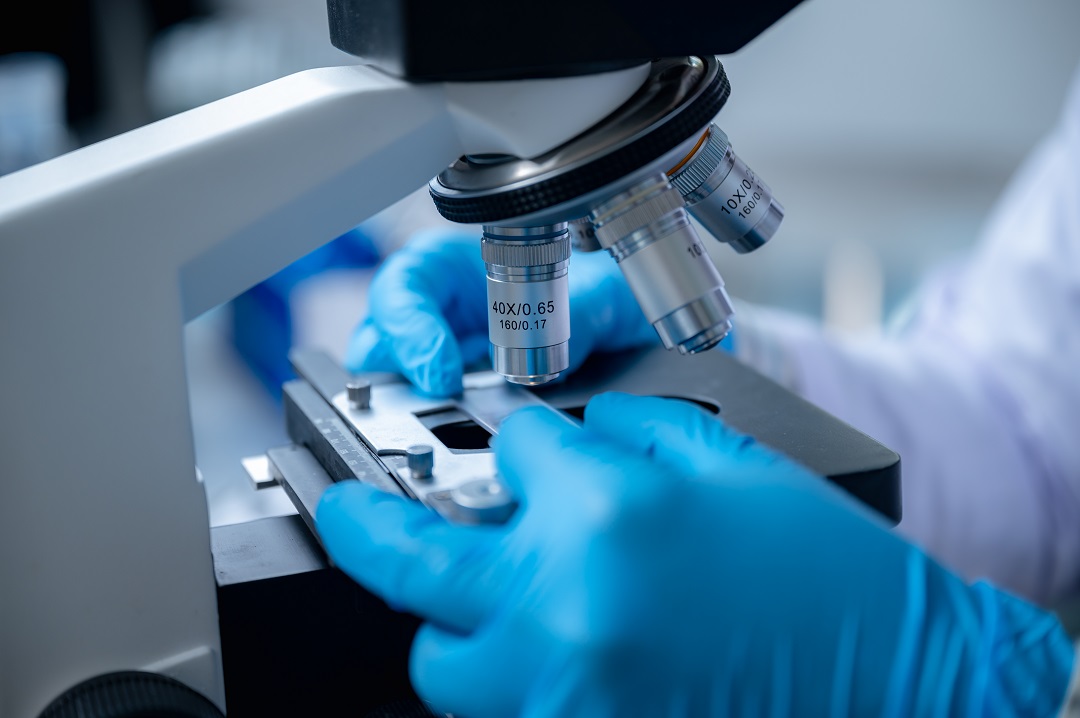
Unlocking the Potential of Cell and Gene Therapy: A Revolutionary Approach to Treating Genetic Disorders
Cell and gene therapies are revolutionary approaches in the field of medicine that aim to treat, prevent, or potentially cure diseases by addressing the underlying genetic causes. These therapies offer hope for patients with genetic disorders, as they have the potential to alleviate or even eliminate the symptoms of the disease.
What is Cell Therapy?
Cell therapy involves the administration of living cells to a patient to restore function or repair damaged tissue. The cells used in therapy can be derived from the patient (autologous) or from a donor (allogeneic). These cells are then specifically modified or processed before being administered to the patient.
What is Gene Therapy?
Gene therapy, on the other hand, involves the introduction, removal, or alteration of genetic material within a patient’s cells to treat or prevent disease. This can be done by directly correcting the genetic errors that cause the disease or by introducing new or modified genes into the patient’s body.

Benefits of Cell and Gene Therapy
1. Potential for Cure: Both cell and gene therapies have the potential to cure diseases by addressing their root cause – the genetic mutations or deficiencies that lead to the disease.
2. Restoration of Function: These therapies can restore normal function in patients with genetic disorders, improving their quality of life.
3. Prevention of Disease: In the future, gene therapies may be used to prevent certain inherited disorders, such as cystic fibrosis, by correcting the genetic mutations before they can cause disease.
4. Alleviation of Symptoms: For diseases that cannot be cured, cell and gene therapies can alleviate symptoms, improving the patient’s quality of life.
5. Personalized Treatment: These therapies can be tailored to the individual patient’s genetic makeup, providing a more personalized approach to treatment.Cell and gene therapies represent a significant advancement in the field of medicine, offering new hope for patients with genetic disorders. These therapies have the potential to cure diseases, restore function, and improve the quality of life for patients. As research and development in this field continue to progress, we can expect to see even more innovative treatments in the future.

